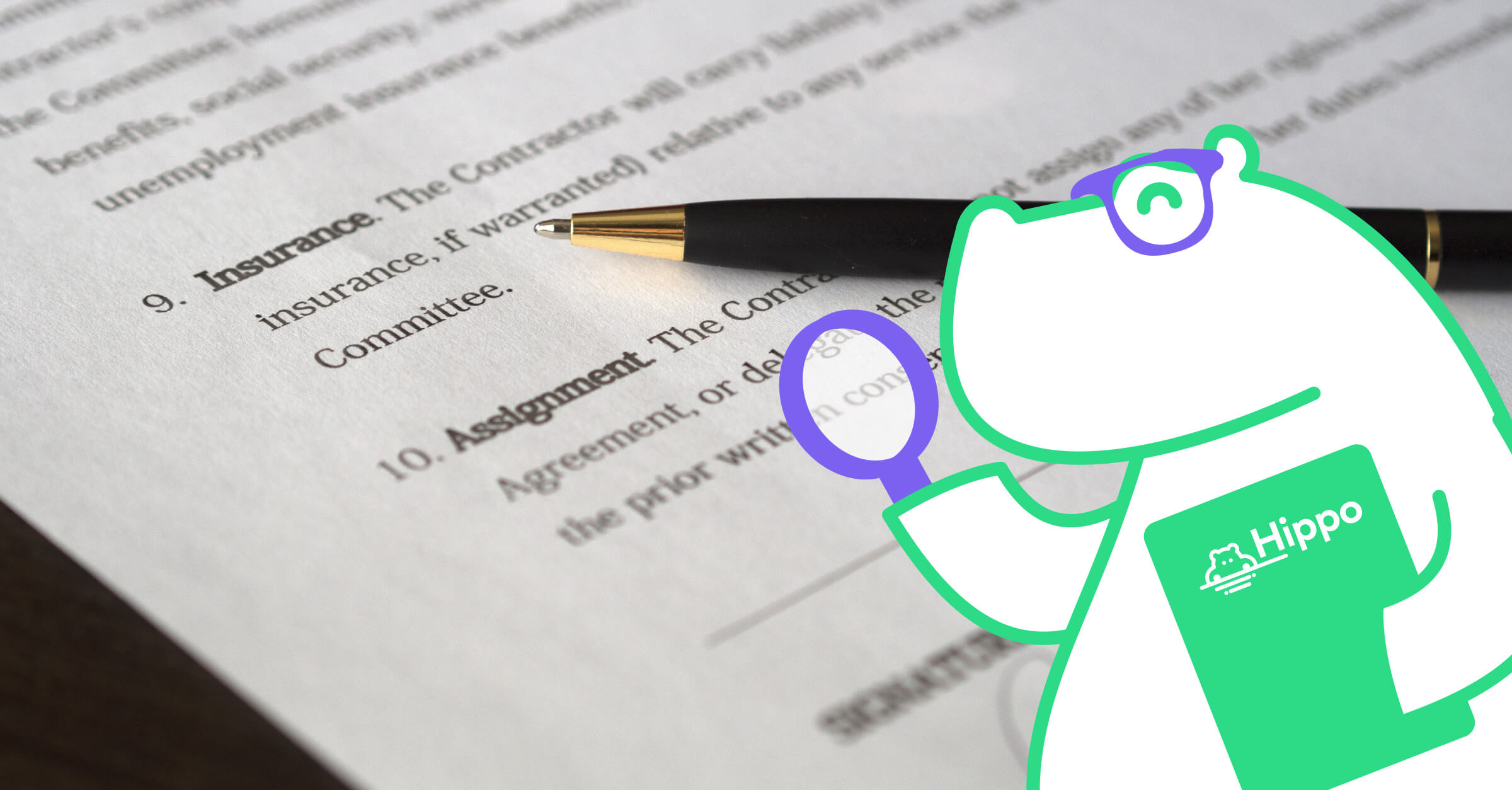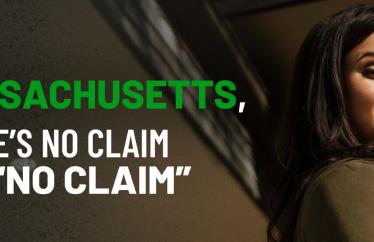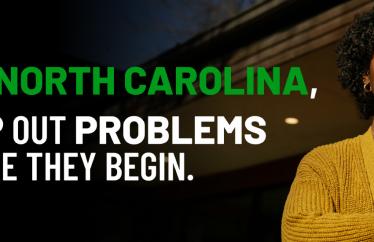A standard homeowners insurance policy covers your home, other structures on your property, some of your personal possessions and liability. But it doesn’t cover everything. Knowing what’s excluded from your policy will help you avoid being caught off guard when damages occur or disaster strikes.
Here are 10 costs homeowners insurance usually doesn’t cover. Depending on the type of coverage you want and where you live, you may need additional insurance.
1. Flooding
Water invading your home from overflowing rivers, torrential downpours or backed up sewers and drains usually isn’t included in homeowners insurance policies. Groundwater damage typically isn’t covered either. If you live in an area prone to flooding, you may want to consider purchasing flood insurance. Burst pipes are commonly covered, but for overflow or issues with sewage, you might want to see if your insurer offers water backup coverage.
2. Earthquakes
Damage resulting from earthquakes and aftershocks are not covered under a general homeowners insurance policy. Other movements from the earth — including landslides and sinkholes — are usually excluded, too. Buying a separate insurance policy for earthquakes or difference in conditions (DIC) coverage is an option.
3. Normal wear and tear
As a homeowner, you are expected to maintain your property and make repairs as needed. Homeowners insurance is not meant to cover the cost of keeping your home from deteriorating. Over time, it’s up to you to ensure that your roof, fences, plumbing, heating, ventilation and air conditioning systems are in good condition.
4. Infestation
If your home becomes infested with pests, like mice and bedbugs, it is your responsibility as a homeowner to get rid of them. Quite a bit of damage can be done if pests make a new home under your roof. Termites, for example, can eat through wooden beams and tear up walls. But your homeowners insurance policy probably won’t cover any of the repairs you have to make.
5. Service lines
While the pipes inside your house are covered by your homeowners insurance policy if they leak or burst, most service lines on your property aren’t. If your sewage line breaks in your yard, you may be held responsible for the repair costs. The silver lining here is that you can secure this coverage through new insurers, like Hippo, that automatically offer it.
6. Wind and Hurricane damage
Falling under the umbrella of natural disaster, much like floods (that go hand in hand with hurricanes) and earthquakes, wind and hurricane coverage is not always covered by general homeowners insurance policies, particularly if you live in a coastal region. If you own a home in a hurricane zone, shop around for insurance plans that include wind damage. Or consider asking your insurer to add windstorm coverage to your existing policy. Certain states offer supplemental windstorm insurance plans that you can enroll in if you need them.
7. Equipment breakdown
Since major equipment that help keep your house comfortable, clean and safe are part of your home, they’re covered by your insurance policy, right? Not necessarily. Most homeowners insurance policies don’t cover the equipment that support your home, unless you secure equipment breakdown coverage. Unfortunately, this is something most insurers don’t include in their plans without your direct request for additional coverage. That’s not the case with providers like Hippo, which offers it to as a part of all new policies.
8. Government action
If the government confiscates or seizes your property or your land, your homeowners insurance policy will not come into play or cover any losses that stem from those circumstances.
9. Mold damage
Insurance claims filed about mold damage aren’t automatically denied. But there are often stipulations. Mold, in most cases, is caused by moisture and water damage. Homeowners insurance will not cover mold damage if it is clear that it was caused by negligence and failure to perform regular home maintenance. Claims will also be denied if there’s a major flood or construction defect.
A general homeowners insurance policy might cover mold damage, however, resulting from burst pipes or water leaks. But you will have to act fast to fix the problem if you want your claim to be approved.
10. Faulty workmanship
You will not be covered by homeowners insurance if there’s a loss of property from faulty, inadequate or defective planning, zoning or development. Also, if there are defects in design, workmanship or construction, the cost of repairs will be your responsibility. Materials used in renovation or remodeling must also be up to code and in good condition if you hope to have any resulting damages covered by your policy.
Attention to detail is key
You never want to find out that a problem with your home isn’t covered by your standard insurance plan, especially if you’re strapped for cash. That’s why it’s important to read the fine print in your policy and pay close attention to exemptions. If you need additional coverage, research umbrella policies.
Still have questions about exclusions or insurance coverage? Speak with a Hippo specialist.






